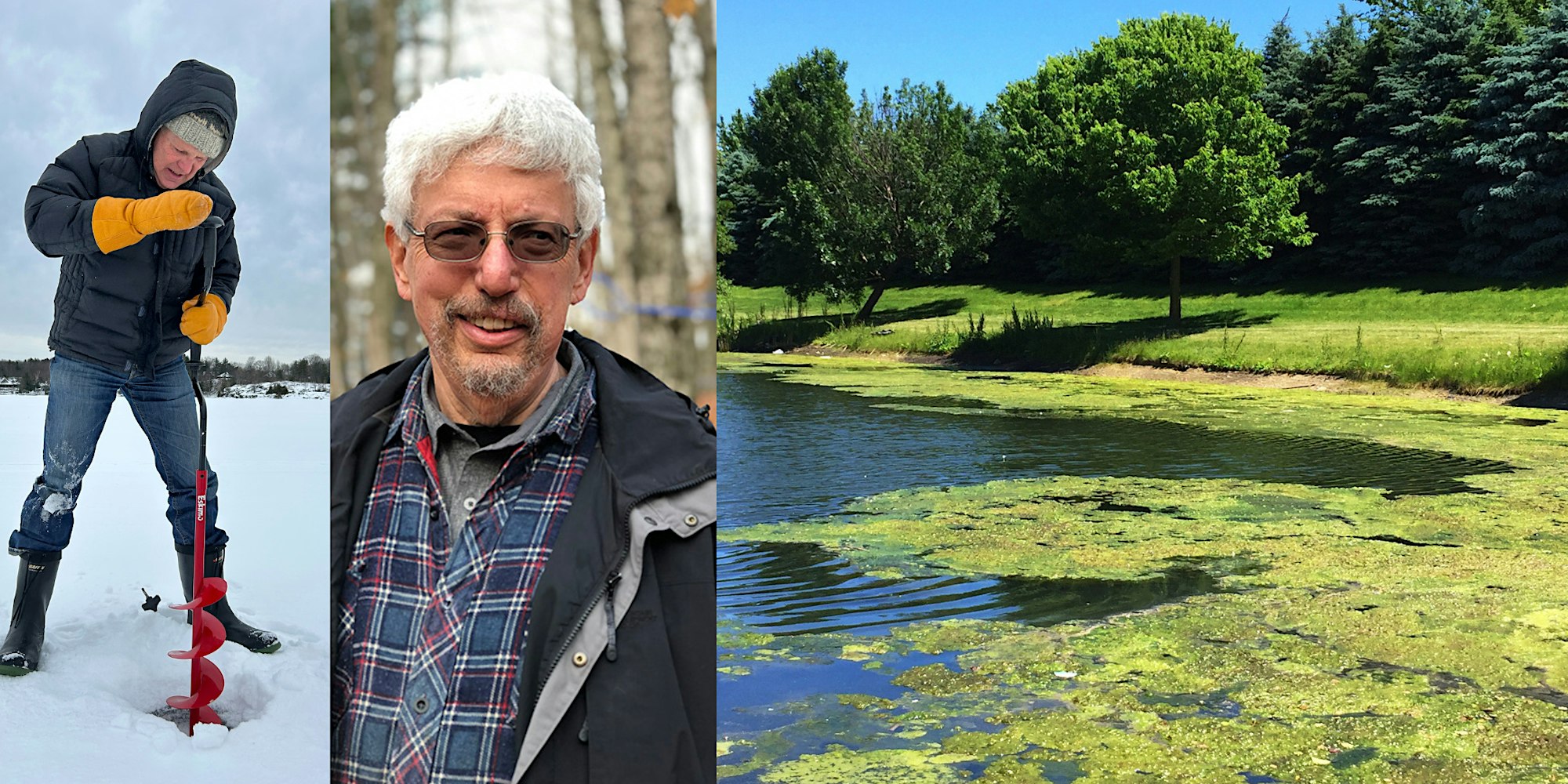
- This event has passed.
Muskoka Environmental Protection & Prevention Discussion
August 6, 2024 @ 1:00 pm - 3:00 pm
Free
Trends in Water Quality Management in Ontario By Dr. Neil Hutchinson
Trends in Water Quality Management in Ontario – A Personal Perspective From One Who Was There by Dr. Neil Hutchinson, director of Friends of the Muskoka Watershed.
I have been working as a water quality scientist since 1976 and have observed changes in the nature, the geographic scope and sources of the pollutants and problems that have emerged and been tackled in that time. We have moved from an awareness of highly toxic synthetic pollutants being discharged from relatively few sources to non-toxic pollutants (some of which, like phosphorus and carbon dioxide, are essential to life) being discharged on a planetary basis. As our pollutants of concern become less toxic, the management complexity required to address them becomes more complex and involves more people and more levels of organization. There has also been a recurring theme of scientific enquiry, blissful ignorance or denial and predictions of economic mayhem until scientific persistence galvanizes public attention, politicians are forced to act and the environment responds. These will be illustrated with several examples which lead to our failure to address the problem of climate change and can inform our approach to road salt management.
Dr. Neil Hutchinson became passionate about environmental science as a teenager and coupled its emergence as a discipline with his personal attraction to water and Canadian geography. He completed an Honours B.Sc. in Ecology at the University of Guelph in 1978 and his Ph.D. in Zoology (Aquatic Toxicology) at Guelph in 1985. He came to Muskoka to work at the Dorset Environmental Science Centre of the Ontario Ministry of the Environment in 1984.
Having worked on water quality from Newfoundland to BC and from southern Ontario to Nunavut, he considers himself fortunate to have taken part in the great strides made in environmental management over his 47-year (and counting!) career as a summer student, graduate student, government scientist, consulting scientist, growing and managing his own consulting firm and finally, retirement into his current role as “hobby scientist” in 2022
His major career highlight was being introduced as “The Mick Jagger of Lake Management” several years back.
Neil was founding member and served on the Board of the “Muskoka Heritage Foundation”, and is now on the Board of the “Muskoka Watershed Council”, is Chair of the Science Committee for “Georgian Bay Forever”, sits on the Board of the “Friends of the Muskoka Watershed” and has been a member of the Rotary Club of Bracebridge since 2016.
He lives on the shore of a small lake outside of Bracebridge, in a home which he shares with his wife Barb (their three daughters have all left Muskoka), two happy dogs and too many blackflies in June.
Good News Stories By Dr. Norman Yan
The world is currently facing several environmental problems, but in the past we also created and then solved severe environmental problems affecting our air, our water and our health. In his talk Norman Yan will review how we solved such past environmental threats, and take lessons from those success stories to show how they are helping deal with a current threat to Muskoka environment – widespread calcium decline or “ecological osteoporosis”.
First with the Ontario government, then at York University, and finally with the Friends of the Muskoka Watershed, Norman Yan has devoted half a century of work to understanding human impacts on Ontario’s lakes, how the damage can be fixed, and its re-occurrence prevented. Norman did his MSc on the effects of acid rain on the microscopic plants in lakes, the phytoplankton, and his PhD on effects of metals on animal plankton, the “little living lawnmowers in our lakes”.
He and his wife Sandy moved to Muskoka four decades ago, and working from the Dorset Environmental Science Centre, he continued his work on the effects of shoreline development, acid rain and metal pollution on lakes. In 2000, he established a research partnership between York University, his new employer, and the Ministry of the Environment, and broadened his research to include impacts of introduced predators, ozone depletion, climate change, road salt and calcium decline on our lakes. He also launched international collaborations in Europe, Australia, and New Zealand. Retiring in 2014, Norman assumed a senior research scholar position at York University, and chairmanship of the newly formed Friends of the Muskoka Watershed – a charitable corporation that fosters the understanding, choices, actions, and wise management needed to protect Muskoka’s lakes and watersheds into the future. Norman has co-authored over 200 scientific articles, a body of work that has garnered over 11,000 scholarly citations, provincial and national awards for research excellence, academic fellowships in Europe and Australia, and, in 2012, an induction into the Academy of Science of the Royal Society of Canada.
———–
NEW THIS YEAR! Enjoy a 10% discount on all food and beverage from Windermere House during the festival! Show your tickets to the staff for the discount to be applied. Enjoy!
*Excluding alcoholic beverages
Muskoka Discovery Centre Discount! During the month of August, any patrons can receive a $15 entry fee to the Muskoka Discovery Centre in Gravenhurst by showing any ticket from the Muskoka Chautauqua Arts & Culture Festival. Enjoy learning about the history of the area as well as a special feature on Muskoka Chautauqua!
Please note that outside alcohol is prohibited
